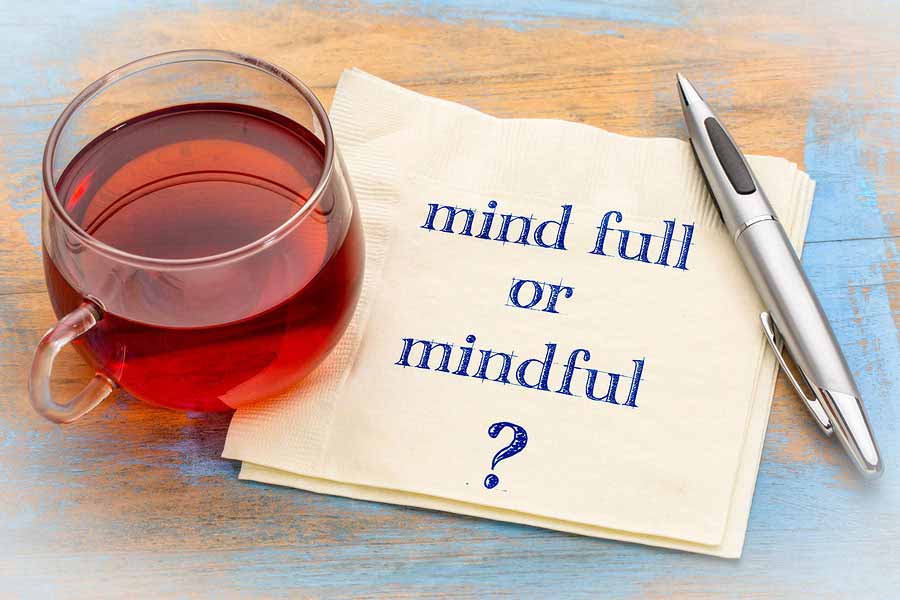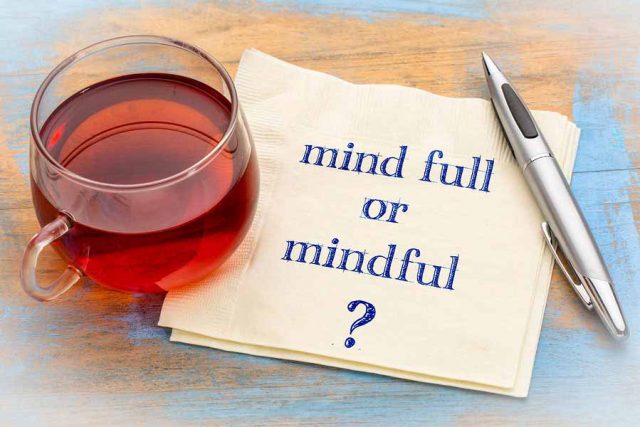Medically Reviewed by Jacque Parker, RN

A little over a year ago I had an awakening. I realized I had the power to calm and heal my mind, even if I couldn’t control what was happening to my body. I’ve talked about this before in different ways including recognizing sources of healing around us, how mindfulness helped me heal, and mindfulness and mobile apps. Mindfulness is a set of skills for healing, intuition, insight, calmness, focus, resilience and hope that you can develop to counter the stresses that chronic illness brings. As Dr. Berkelhammer put it, you can literally “train your mind to promote healing”.
Mindfulness is not a panacea. It won’t help you find a diagnosis. It won’t replace the prescriptions you are taking. It won’t get rid of those nagging chronic symptoms. But it will help you cope better. As you train your mind, you will find more light and peace in each day. You will start to notice the little things around you that make life so wonderful. You will begin to take charge of your own healing process. You will become more patient and compassionate with yourself and kinder with others. You will feel less and less like a victim and more like a strong and resilient survivor. You will begin to live life with purpose and see new opportunities despite chronic illness. In short, you will find happiness even in the face of suffering.
I was introduced to mindfulness through another chronically ill blogger and bestselling author Toni Bernhard. Her book on How to Be Sick really transformed how I view my life with chronic illness and how I cope with it. It was the first time I had read about how to actually cultivate the life skills embodied by mindfulness. It’s been a little over a year since I read her book and I’m still working on many aspects of mindfulness. Toni draws on the Buddhist tradition, but mindfulness stands apart from spirituality. Increasingly modern psychology has adopted many of the mindfulness skills and techniques and have scientifically proven their benefits. She is an example to me and many others. Visit her awesome blog Turning Straw Into Gold. I promise you won’t be the same person after applying the principles she offers.
There’s a lot to learn. I’m really just a beginner. But I have experienced the healing power of mindfulness. Living with Fibromyalgia, Sjogren’s Syndrome, and Hashimoto’s still brings painful symptoms, but the the intense grip that pain has on me has lessened. I often find myself repeating the mantra “Hold On, Pain Ends” that reminds me tomorrow is a new day and that somehow makes the present more manageable. I expect mindfulness will be for me a lifelong pursuit. It isn’t something you can learn in a day, but you can make noticeable changes in your life by adopting some simple practices into your daily routine.
Did you find this article helpful? Join us at HealingWell for support and information about your condition. Connect and share with others like you.




